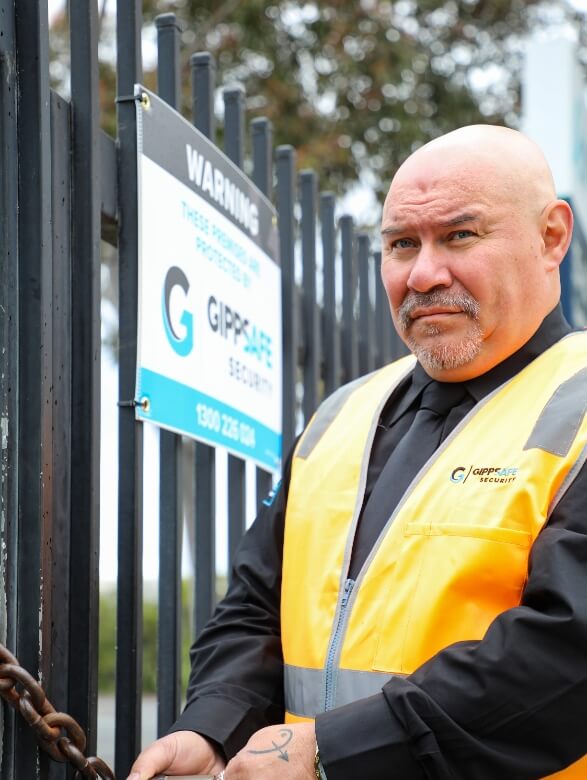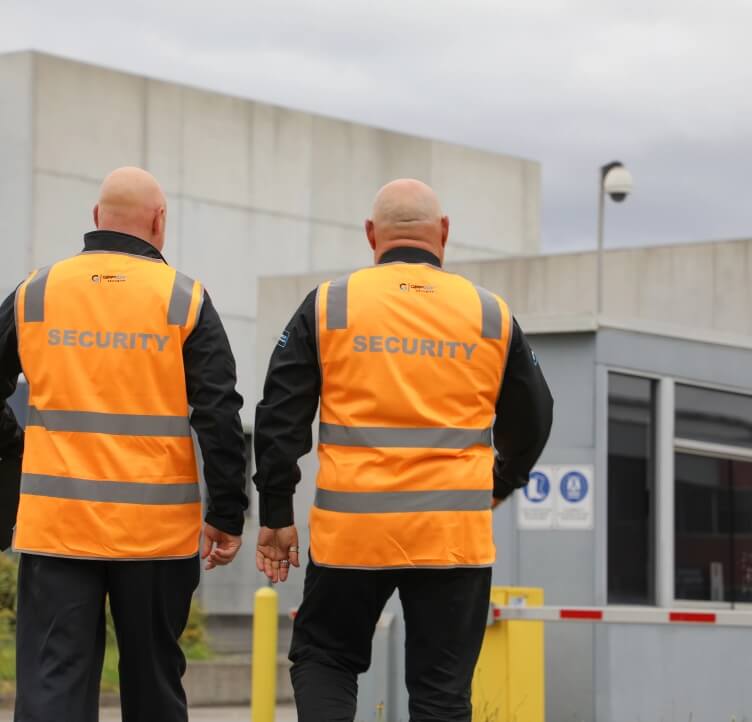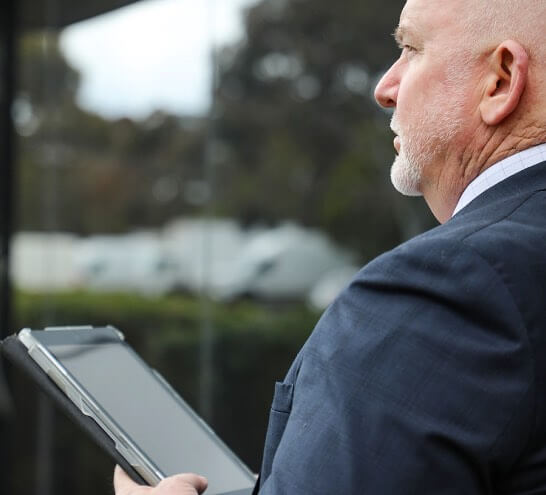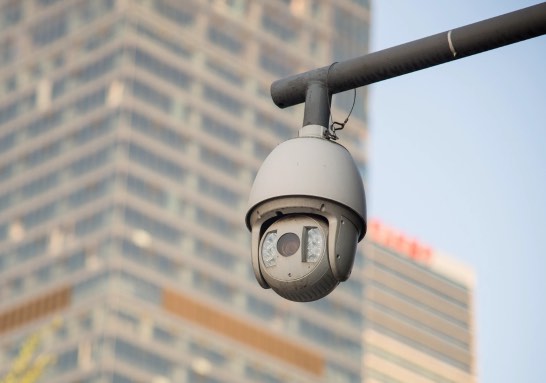Critical Infrastructure
Security
Critical Infrastructure security
is the sum of strategies used to mitigate, or assist in mitigating, all threats to a facility/supply chain/network designated as critical infrastructure.

Critical Infrastructure security
is the sum of strategies used to mitigate, or assist in mitigating, all threats to a facility/supply chain/network designated as critical infrastructure.
It contributes to the spectrum of prevention, preparedness, response and recovery, for threats including natural disasters, pandemics, accidents, criminal activity, and terrorism.
These strategies may include the integration of:
- Security Officers
- Emergency Services Officers
- Mobile/Virtual Patrols and Alarm Response Services
- Electronic Surveillance, Access Control and Alarm Systems
- Environmental Design
- Risk Management and Consultation
Critical Infrastructure is defined as:
‘those physical facilities, supply chains, information technologies and communication networks, which if destroyed, degraded or rendere unavailable for an extended period, would significantly impact the social or economic wellbeing of the nation, or affect Australia’s ability to conduct national defence and ensure national security.’
Critical infrastructure can include the following sectors:
- Communications
- Financial services and markets
- Data storage or processing
- Defence industry
- Higher education and research
- Energy
- Food and grocery
- Health care and medical
- Space technology
- Transport
- Water and sewerage

The National Guidelines for the Protection of Critical Infrastructure state that Governments require owners/operators of Critical Infrastructure to:
- maintain an awareness of their operating environment
- provide adequate security for their assets, based on threat and risk actively apply risk
- management techniques to their planning processes
- conduct regular reviews of risk assessments and security, emergency and contingency plans
- report any incidents or suspicious activity to State or Territory police
- develop and regularly review business continuity plans, including identifying interdependencies
- conduct training and exercise their security, emergency and contingency plans
- participate in government exercises to assist in harmonising prevention, response and recovery arrangements with relevant controlling agencies.
CRITICAL INFRASTRUCTURE SECURITY
Services offered
Security Officers
Emergency Services Officers
Port Facility Security Officers and Maritime Security Guards
Enrolled/Registered Nurses and Health Care
Traffic Control
Installation and maintenance of Electronic Surveillance, Access Control and Alarm Systems

We know Critical Infrastructure Security
Gippsafe’s Security Officers primary objectives in a Critical Infrastructure environment are to control site access, record incoming/outgoing materials, detect and deter criminal behavior, and assist in ensuring a safe and secure environment for our client, their workers/contractors, and the public.
Gippsafe’s Security Officers based in a Critical Infrastructure environment are often tasked with:
- Site Access Control
- Site Inductions for Drivers / Visitors / Contractors
- Managing Material Movement / Tonnage Tickets
- Traffic Control
- Monitoring and management of electronic surveillance systems
- Monitoring and management of access control systems
- Providing first response to security or first aid incidents
- Forming an integral part of the clients Emergency Management Plan
- Monitoring and reinforcing COVID-19 Infection Control measures

Emergency Services Officers (ESO’s) are highly trained, multi-skilled Officers that perform security, fire, rescue, and medical response duties.
It is common for a Gippsafe Security ESO to posses one or more of the following:
- Certificate II in Public Safety (Firefighting and Emergency Operations),
- Certificate III in Public Safety (Firefighting and Emergency Operations),
- Certificate II in Medical Service First Response
- Certificate IV in Health Care
- Certificate II in Security Operations
- Certificate III in Security Operations
Gippsafe Security’s ESO are often tasked with
- All of the duties of a Security Officer
- First Response to Fire, Rescue and Medical Incidents
- Drug and Alcohol Testing
- Consultation and auditing on all confined space entries and rescue plans
- Consultation and auditing on all working at heights and rescue plans
- Auditing of site medical / rescue / fire fighting equipment
- Incident Co-ordination Joint exercises with external emergency services
Port Facility Security Officers and Maritime Security Guards
Ports that come under the jurisdiction of the International Ship and Port Facility Security (ISPS) Code are required to have an appointed Port Facility Security Officer (PFSO) and Maritime Security Guards (MSG’s).
The duties and responsibilities of a Gippsafe Security PFSO include:
- facilitating the development, implementation, revision and maintenance of the maritime security plan for the port facility operator
- liaising with ship, company, port and other port facility security officers; and performing:
- the duties and responsibilities in section 17.2 of Part A of the ISPS Code;
- and any additional duties and responsibilities set out in the maritime security plan

Gippsafe Security’s Mobile Patrol Services are used to detect and deter criminal activity and respond to alarm activations after hours.
With the rapid evolution of electronic surveillance systems, Gippsafe Security offer virtual patrol services to our corporate clientele. A virtual patrol involves a Gippsafe Security Operator remotely accessing our client’s surveillance system and monitoring the building for criminal or other activity.
Our Operators can perform a virtual walk through of the site in accordance with a schedule, or as the result of an alarm, allowing for greater visibility of the site, assisting to contribute to our client’s environmental objectives, whilst delivering real cost savings.
Gippsafe Security can install, maintain, or upgrade Electronic Surveillance, Access Control and Alarm Systems. These systems are cost effective networks of integrated devices that work to manage and monitor access to a specific area(s) or buildings.
Gippsafe Security offer Security Risk Management services to our Critical Infrastructure clients. This is a process that involves our qualified risk managers working with our clients to continually identify and map security threats, implement strategies, and allocate the necessary resources to mitigate or remove the threat.
